Ever wondered how you can keep your arteries in tip-top shape? It’s easier than you might think. What you eat can play a big role in keeping your heart healthy and your blood vessels clear. Instead of reaching for processed snacks or sugary treats, there are 13 foods that can help prevent clogged arteries. Think of it as giving your heart a little extra love with every bite.
These foods are not just good for your heart; they’re also pretty easy to find and incorporate into your daily meals. You don’t need to be a nutrition expert to make smart choices that benefit your heart. Small changes in your diet can have a big impact on your cardiovascular health. Ready to find out how you can eat your way to better heart health? Let’s get into it!
The contents of this article, made available via The Immigrant's Table are for informational purposes only and do not constitute medical advice. The content presented here is not intended to be a substitute for professional medical advice, diagnosis, or treatment. Always seek the advice of a qualified healthcare provider with any questions you may have regarding a medical condition or dietary changes. Reliance on any information provided by this article is solely at your own risk.

Garlic

Containing allicin, garlic is known for its ability to reduce cholesterol levels and improve heart health. Allicin helps lower blood pressure and reduce arterial stiffness. Regular consumption of garlic can improve arterial function and reduce the risk of heart disease. Garlic also has anti-inflammatory and antioxidant properties, which support cardiovascular wellness. It can be used in various dishes, from soups and sauces to marinades and dressings. Including garlic in your diet can add flavor and help you acquire its significant health benefits, making it a valuable addition to a heart-healthy lifestyle.
Berries

Blueberries, strawberries, and other berries are rich in antioxidants and fiber. These fruits contain compounds like anthocyanins, which help reduce inflammation and oxidative stress. Consuming berries regularly can improve arterial function and lower blood pressure. Their high fiber content aids in cholesterol management. Berries are also low in calories and high in vitamins, making them a nutritious addition to any diet. Enjoy them fresh, in smoothies, or as a topping for yogurt and cereals. Their natural sweetness makes them a healthy alternative to sugary snacks.
Citrus Fruits
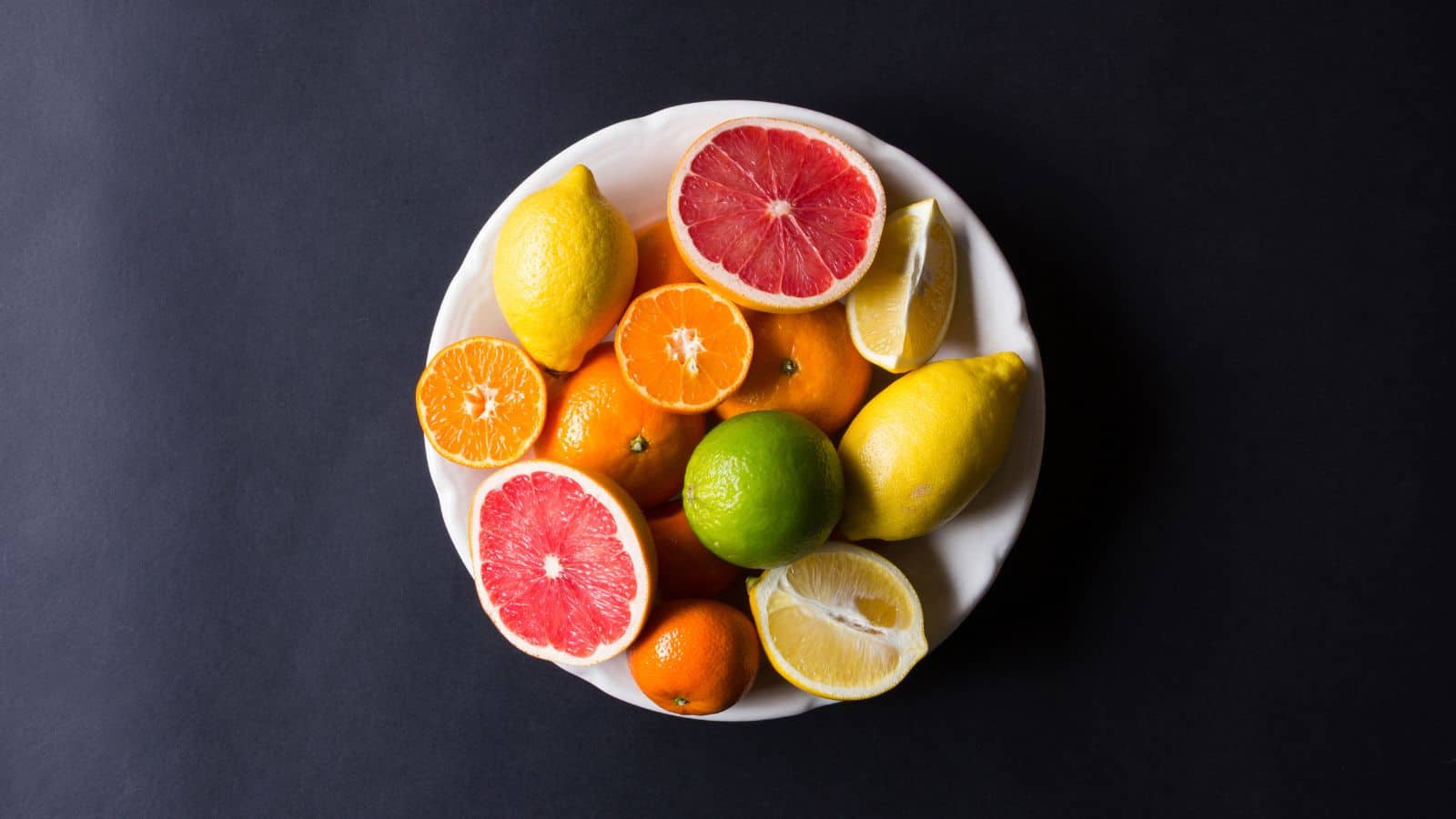
Oranges, grapefruits, and other citrus fruits are high in vitamin C and fiber, which support heart health. Vitamin C acts as an antioxidant, reducing inflammation and oxidative stress. The soluble fiber in citrus fruits helps lower cholesterol levels. Regular consumption of citrus fruits can improve arterial function and reduce blood pressure. They are also rich in flavonoids, which have additional heart-protective effects. Enjoy citrus fruits fresh, in juices, or as a zesty addition to salads and desserts. Their refreshing taste and nutritional benefits make them a valuable part of a heart-healthy diet.
Avocados

Packed with monounsaturated fats, avocados are highly beneficial for heart health. They contain antioxidants like vitamin E, which help combat inflammation and oxidative stress. Additionally, avocados are rich in potassium, aiding in the regulation of blood pressure. Their creamy texture makes them versatile in various dishes, from salads to smoothies. Incorporating avocados into your diet can support cardiovascular health and supply essential nutrients. Regular consumption of avocados can also improve cholesterol levels, making them a heart-healthy choice. Enjoy them in guacamole, on toast, or as a topping for various meals.
Flaxseeds
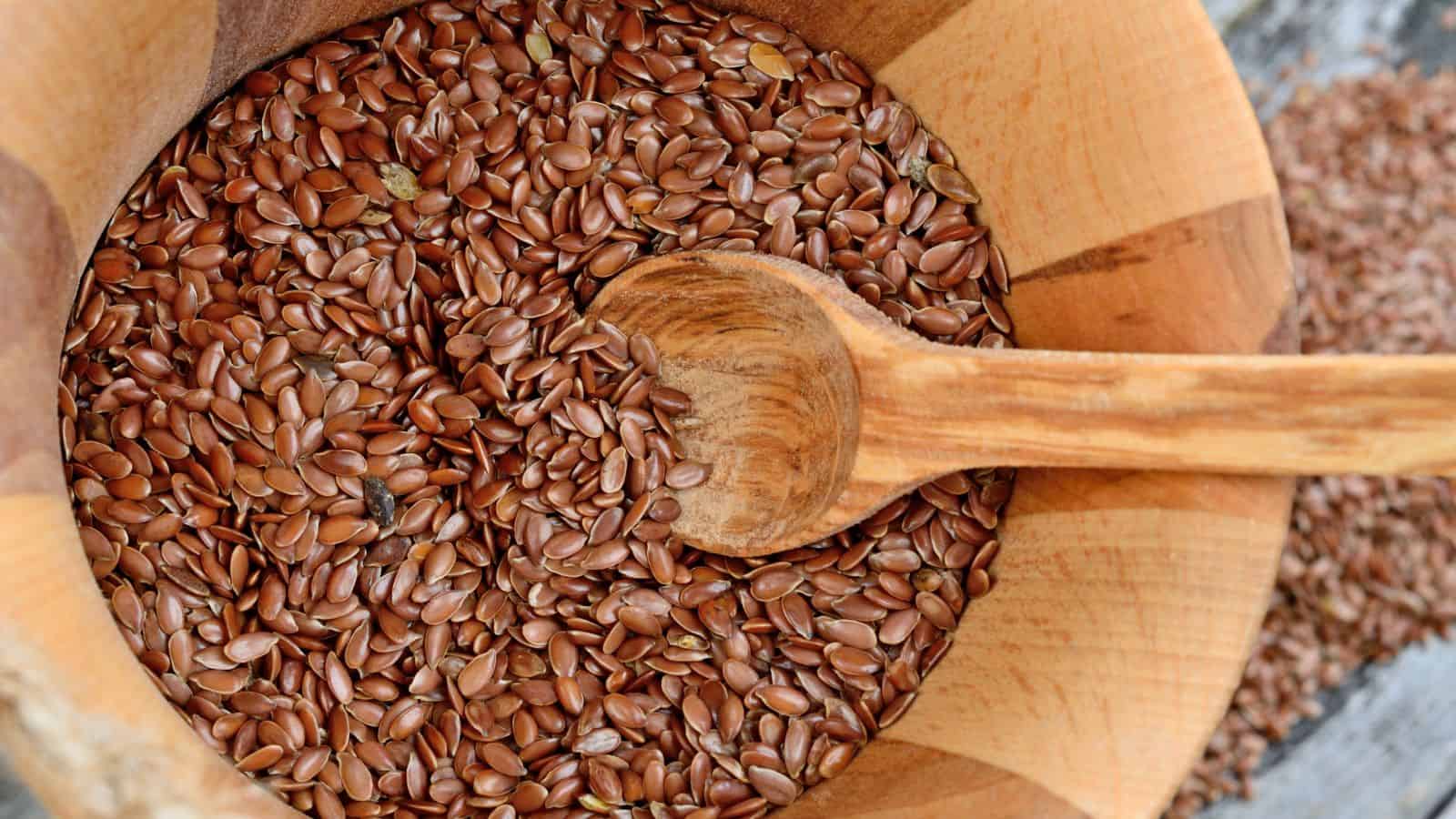
Rich in omega-3 fatty acids, flaxseeds are excellent for heart health. These tiny seeds contain alpha-linolenic acid (ALA), which helps reduce inflammation and improve arterial function. Flaxseeds are also high in fiber, which aids in lowering cholesterol levels. Adding ground flaxseeds to your diet can support cardiovascular health and deliver essential nutrients. They can be easily incorporated into smoothies, oatmeal, or baked goods. Regular consumption of flaxseeds can contribute to better heart health and overall well-being.
Broccoli

High in vitamins, minerals, and antioxidants, broccoli is great for heart health. This cruciferous vegetable contains fiber, which helps lower cholesterol levels and improve arterial function. Broccoli is also rich in vitamin K, which supports blood vessel health. Including broccoli in your diet can help reduce inflammation and support cardiovascular wellness. It can be enjoyed steamed, roasted, or added to salads and stir-fries. Regular consumption of broccoli helps you acquire these essential nutrients that contribute to better heart health and overall wellness.
Dark Chocolate

Containing flavonoids, dark chocolate can help improve heart health. Flavonoids have antioxidant properties that reduce inflammation and improve arterial function. Consuming dark chocolate with high cocoa content can lower blood pressure and improve cholesterol levels. It also helps improve blood flow and reduce the risk of heart disease. Enjoying dark chocolate in moderation can help you achieve these health benefits. Choose varieties with at least 70% cocoa content and low sugar for the best results. Dark chocolate can be a healthy treat that supports cardiovascular wellness when included in a balanced diet.
Oats

High in soluble fiber, oats can help reduce cholesterol levels and support heart health. The beta-glucan fiber in oats forms a gel-like substance in the gut, which helps remove cholesterol from the body. Consuming oats regularly can improve arterial function and reduce the risk of heart disease. They are also rich in antioxidants, which help combat inflammation. Oats make a nutritious breakfast option and can be enjoyed as oatmeal, in smoothies, or added to baked goods. Their versatility and health benefits make them a valuable addition to a heart-healthy diet.
Fatty Fish

Salmon, mackerel, and sardines are high in omega-3 fatty acids, which are essential for reducing inflammation and lowering triglyceride levels. These fish contribute to better cardiovascular health by improving arterial function and decreasing the risk of heart disease. Regular consumption of fatty fish can support a healthy heart and enhance overall well-being. Omega-3s also help in maintaining healthy blood pressure levels. Including fatty fish in your diet at least twice a week can help you achieve these significant health benefits. Grilled, baked, or broiled, they make a nutritious meal option.
Nuts

Almonds, walnuts, and other nuts are excellent sources of healthy fats, fiber, and protein. Containing antioxidants like vitamin E and plant sterols, nuts can help lower cholesterol levels. Eating a handful of nuts daily can improve heart health by reducing inflammation and supporting healthy blood vessel function. Including nuts in your diet can be a healthy choice for cardiovascular wellness. They also contain essential nutrients like magnesium and potassium. Nuts make a convenient and nutritious snack, and can also be added to salads, yogurt, or oatmeal for an extra boost of flavor and nutrition.
Beans and Legumes
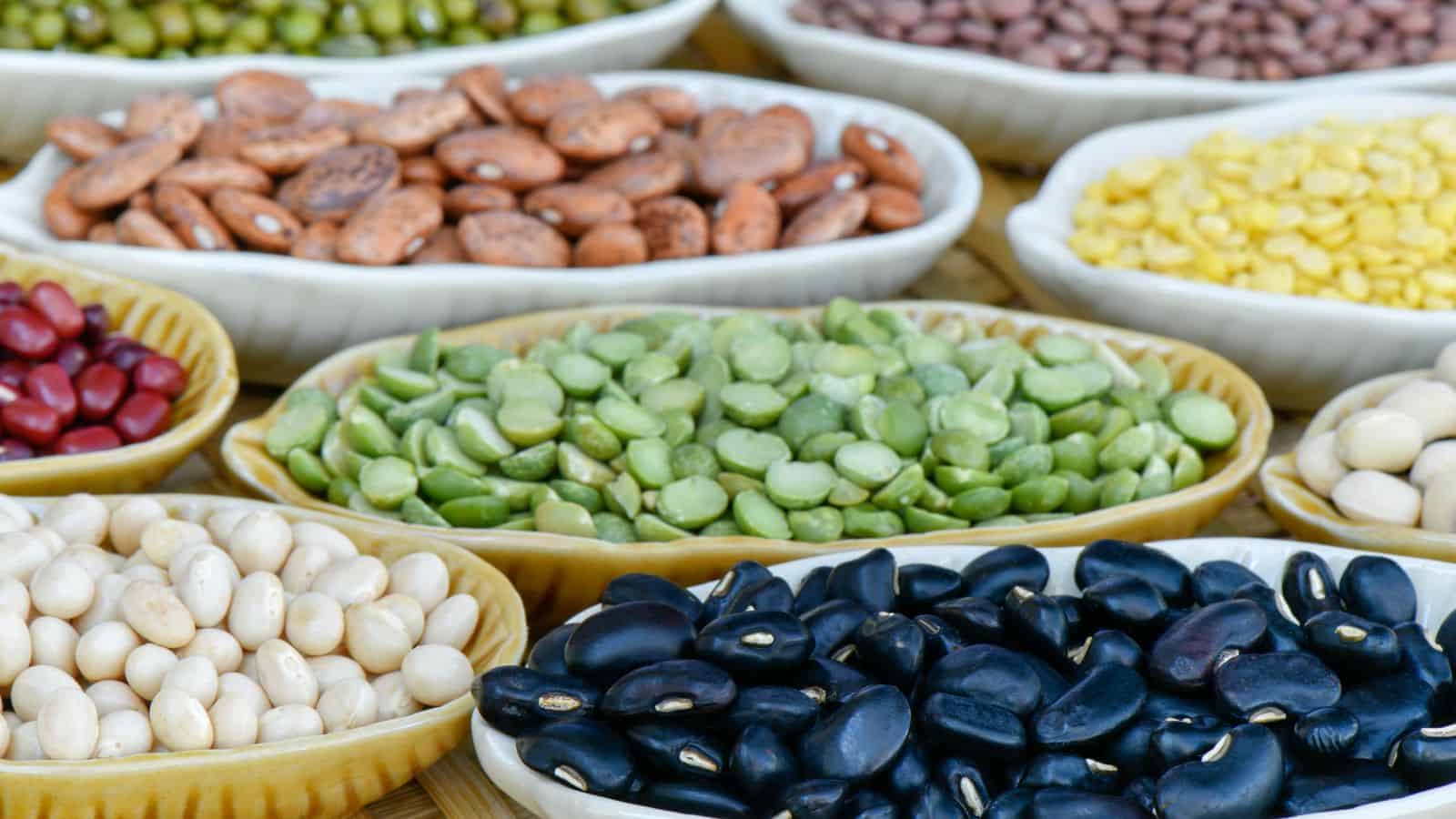
Packed with fiber, protein, and essential nutrients, beans and legumes are excellent for heart health. They contain soluble fiber, which helps lower cholesterol levels and improve arterial function. Regular consumption of beans and legumes can reduce blood pressure and support overall cardiovascular wellness. These foods are also rich in antioxidants, which help combat inflammation. Including beans and legumes in your diet can give you essential nutrients like magnesium and potassium. They are versatile and can be added to soups, salads, stews, and various dishes, making them a nutritious choice for heart health.
Leafy Greens
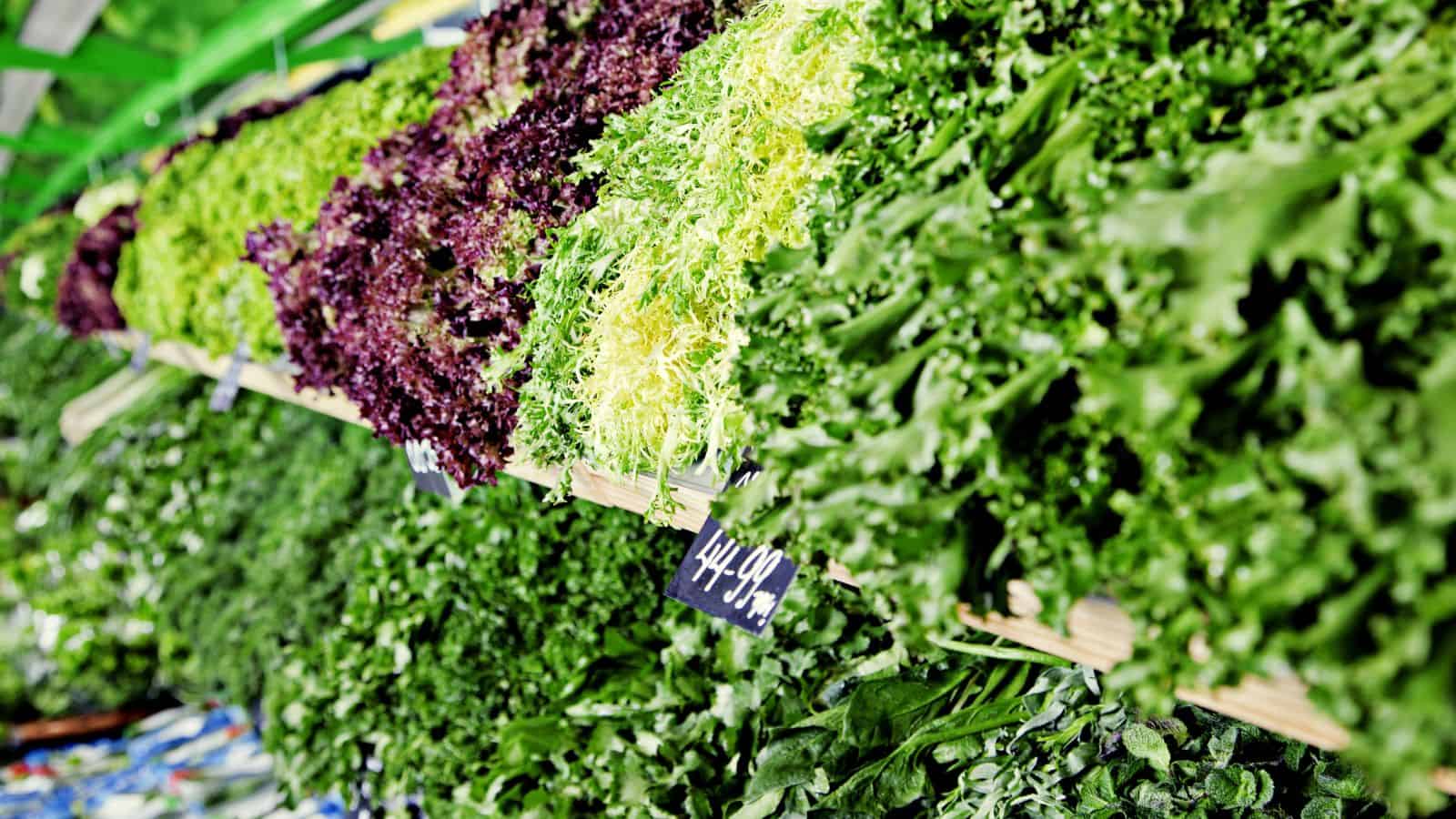
Spinach, kale, and other leafy greens are high in vitamins, minerals, and antioxidants. These vegetables are excellent sources of nitrates, which help improve blood flow and reduce blood pressure. Leafy greens also contain fiber, which aids in cholesterol management. Including these vegetables in your diet can support heart health and overall wellness. They are versatile and can be added to salads, smoothies, soups, and stir-fries. Regular consumption of leafy greens can contribute to better cardiovascular health and deliver essential nutrients for overall well-being.
Tomatoes

Rich in lycopene and other antioxidants, tomatoes are beneficial for heart health. Lycopene helps reduce inflammation and oxidative stress, which are linked to cardiovascular disease. Tomatoes also contain potassium, which aids in regulating blood pressure. Consuming tomatoes regularly can improve arterial function and lower cholesterol levels. They are versatile and can be enjoyed fresh, in salads, sauces, or soups. Tomatoes are low in calories and high in vitamins, making them a nutritious addition to any diet. Their natural sweetness and acidity enhance the flavor of various dishes.
Eat Smart, Love Your Heart!

Taking care of your heart doesn’t have to be complicated. By incorporating these heart-healthy foods into your daily routine, you’re making a conscious effort to keep your arteries clear and your cardiovascular system in great shape. Remember, small changes can lead to significant results. Whether it’s adding more leafy greens to your meals or swapping out unhealthy snacks for nuts, these choices can make a significant difference in your heart health.
So, the next time you plan your meals or grab a snack, think about how you can make a choice that benefits your heart. It’s all about consistency and making mindful decisions. Your heart works hard for you every day, and giving it the right fuel can help it function better and longer. Here’s to making heart-healthy eating a part of your everyday life. Remember these tips, and your heart will thank you for it.
Drinking Habits That Could Be Harming Your Heart More Than You Think

Taking care of your heart is a big deal, and what you drink plays a huge role in that. This is why there are 15 drinking habits to avoid for a healthy heart. From that morning coffee to the occasional cocktail, what we sip on can make a difference. But don’t worry, it’s not all doom and gloom. Making a few simple changes can lead you to a healthier heart. Whether you’re a fan of sugary drinks or energy boosters or just love a nightcap, knowing what to avoid can be a game-changer.
Read it Here: 15 Drinking Habits That Could Be Harming Your Heart More Than You Think
Get Relief From Heartburn With These Stomach-Friendly Drink Options

Dealing with heartburn can be a real pain, but finding drinks that won't set your stomach on fire is easier than you think. If you've ever felt that burning sensation after a meal, you know how important it is to choose what you drink wisely. These 13 drinks for heartburn, in particular, can be great for soothing your stomach and keeping that discomfort at bay.
Read it Here: Get Relief From Heartburn With These 13 Stomach-Friendly Drink Options


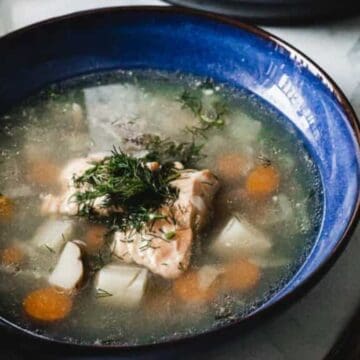

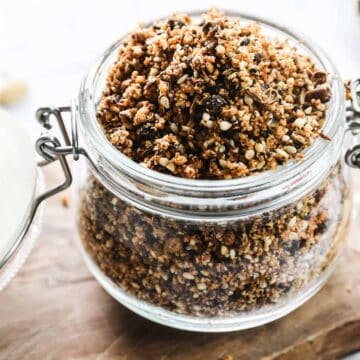

Tell Me What You Think!